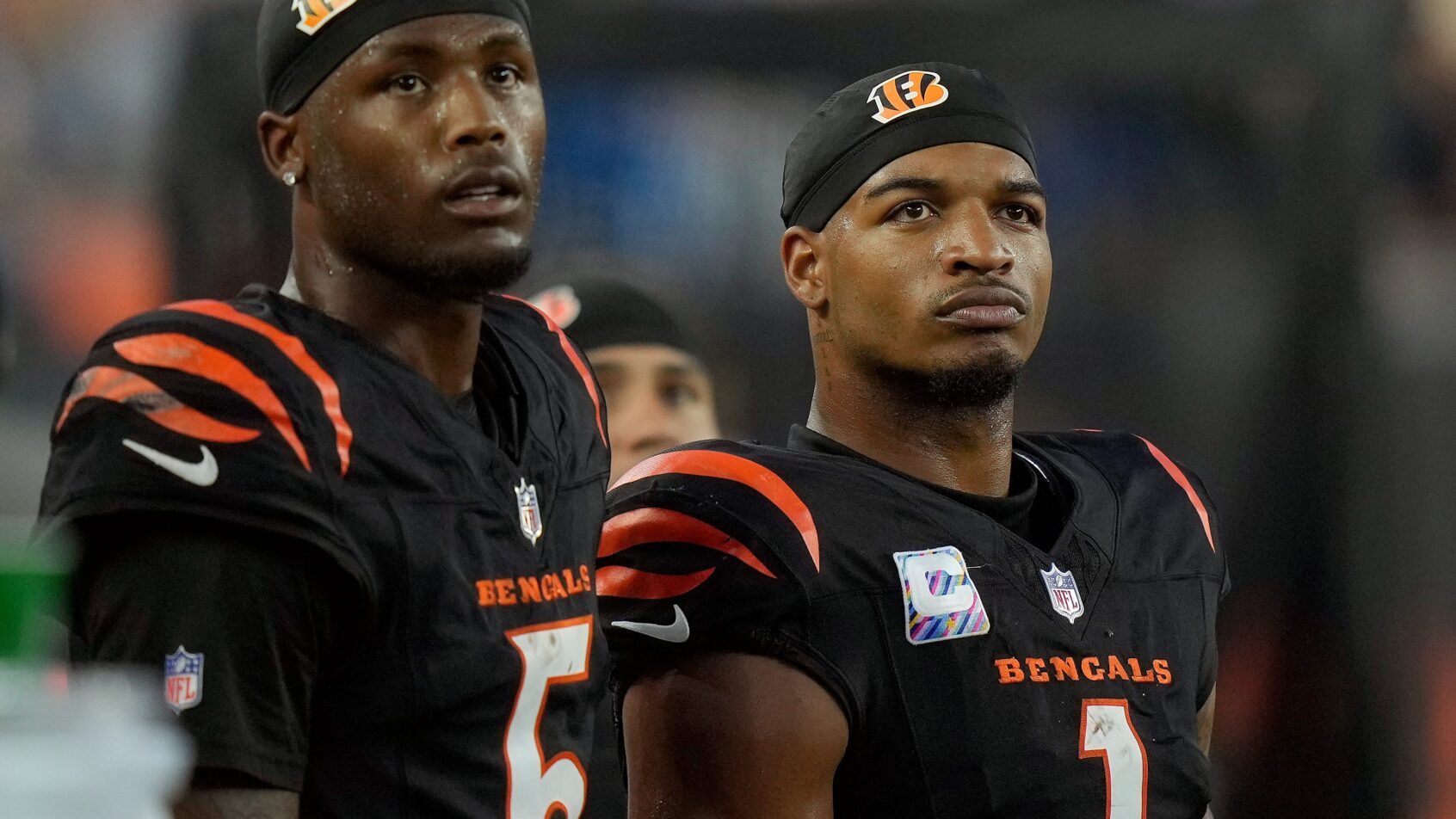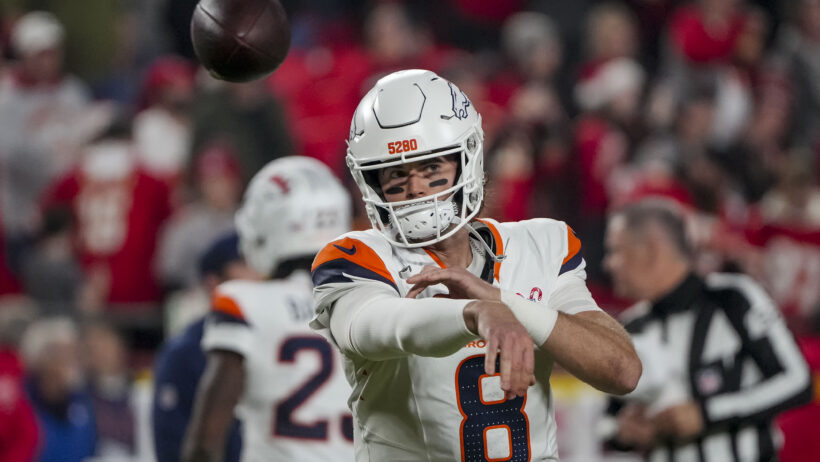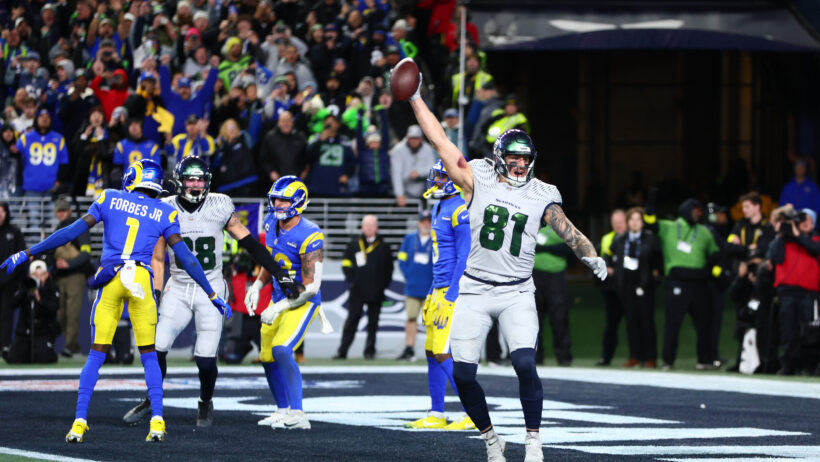Kalshi Sues Ohio Casino Control Commission, AG Over Event Contract Threats
By Robert Linnehan in Sports Betting News
Published:

- Kalshi has filed a lawsuit against the Ohio Casino Control Commission and Attorney General in federal court
- The lawsuit stems from a notice the Ohio Casino Control Commission sent to licensed sports betting operators over event contracts
- Kalshi is seeking a preliminary and permanent injunction from the two agencies
Kalshi has filed a federal lawsuit against both the Ohio Casino Control Commission and Ohio Attorney General Dave Yost for threats to shut down their event contract market in the Buckeye State.
The lawsuit, filed in the the U.S. District Court for the Southern District of Ohio, claims the Ohio Casino Control Commission and Attorney General threatened criminal penalties against Kalshi unless it shuts down event contracts in the state by late October. Additionally, Kalshi reported the Ohio Casino Control Commission sent a letter to licensed sports betting operators on Aug. 25, threatening to revoke Ohio gaming licenses for any operator who partners with Kalshi, even if the partnership occurs in other states.
These actions, Kalshi counsel wrote in the lawsuit, “threaten immediate and irreparable harm, not just to Kalshi but to its customers and commercial counterparties,” leading the company to seek a preliminary and permanent injunction from the two agencies to continue offering its prediction markets in the state.
Lawsuits Now in Five States
Kalshi is now involved in five lawsuits in five different states to offer its prediction markets. The Ohio lawsuit comes about a month after Massachusetts Attorney General Joy Campbell filed a lawsuit against the prediction market company.
Kalshi has also filed lawsuits against gaming regulators in Maryland, Nevada, and New Jersey.
The Ohio Casino Control Commission sent Kalshi a cease-and-desist letter on March 31, 2025, ordering the company to remit its prediction markets from the state, determining the offerings are too close to sports betting.
According to Kalshi’s lawsuit against the Ohio Casino Control Commission and Attorney General, on Aug. 25 the commission sent letter to Ohio’s licensed sportsbook warning them against doing business with companies that offer sports-event contracts or risk losing your sports betting license in the state.
Prospective business partners have reached out to Kalshi since receiving the letters and “have now expressed that they are reconsidering whether to move forward with their planned offering of Kalshi’s federally regulated event contracts on their platforms, event those outside of Ohio.”
“The Casino Commission is misusing its regulatory authority over its gaming licensees, including the authority to evaluate those licensees’ suitability under Ohio law. The Casino Commission may not lawfully leverage its authority to regulate the affiliates of the Ohio licensees that operate in other states,” Counsel for Kalshi wrote in the lawsuit.
Kalshi seeks an emergency temporary restraining order and preliminary injunction to avoid immediate and irreparable harm that would results from the commission and Attorney General’s “unlawful acts.”
Same Question in Each Lawsuit
The lawsuits in each of the five states center around one main question: Who regulates event contracts? Companies such as Robinhood and Kalshi believe that state regulatory bodies do not have the right to intrude on the government’s “exclusive” authority to regulate prediction market, filing lawsuits in New Jersey, Nevada, and Maryland to defend its practices. These companies believe the CFTC is the only regulatory body that can legally block contracts from being offered to customers.
State gaming regulators maintain the markets need to be beholden to regulations, taxes, and license fees that sports betting and gaming operators are required to follow.
The prediction market companies believe their offerings are not required to comply with state laws, as they have been preempted by the Commodity Exchange Act.

Regulatory Writer and Editor
Robert Linnehan covers all regulatory developments in online gambling and sports betting. He specializes in U.S. sports betting news along with casino regulation news as one of the most trusted sources in the country.



